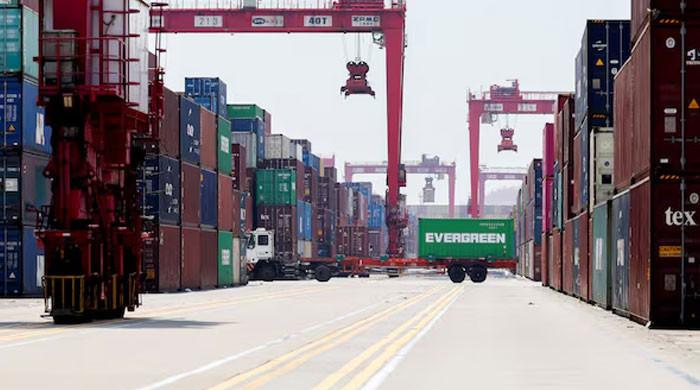
China Retaliates Against EU Ban with Restrictions on Medical Device Imports
In a significant geopolitical move, China has announced restrictions on the import of medical devices from the European Union (EU) as a direct response to an EU ban affecting Chinese goods. This action highlights the escalating tensions between two of the world's largest economies and raises questions about the future of international trade, particularly in the medical sector.
Background: The EU Ban on Chinese Goods
The backdrop of this conflict is the ongoing trade war between China and the EU, which has seen various trade barriers being imposed on both sides. The EU's recent ban on certain Chinese products was aimed at addressing concerns over quality and safety. However, China viewed this as an unjustified attack on its manufacturing capabilities, particularly in the medical device sector, where China has made significant advancements in technology and production.
China's Response: Restrictions on Medical Device Imports
On July 6, 2025, China's finance ministry announced that it would be limiting government purchases of medical devices from the EU that exceed a value of 45 million yuan (approximately $6.5 million). This move is seen as a strategic retaliation aimed not only at the EU but also at protecting its domestic medical device market.
Implications of the Import Restrictions
The restrictions on medical device imports are poised to have several implications:
1. Impact on EU Manufacturers: European manufacturers of medical devices may experience a significant drop in sales in the Chinese market, which has been one of the fastest-growing markets for medical technology. The restrictions could lead to increased inventory levels and financial losses for these companies.
2. Shift in Supply Chains: As a result of the embargo, Chinese healthcare providers might turn to domestic suppliers or other countries for their medical device needs. This could lead to a shift in global supply chains, as companies look for alternatives to EU products.
3. Increased Prices for Medical Devices: With fewer import options available, the price of medical devices in China could rise, potentially leading to increased healthcare costs for hospitals and patients. This may particularly impact sectors such as diagnostics, imaging, and surgical equipment.
4. Potential for Retaliation: The ongoing tit-for-tat trade policies may lead to further retaliatory measures from the EU. This could escalate the trade conflict and create a more challenging environment for international businesses operating in both regions.
The Future of China-EU Trade Relations
The recent developments raise concerns about the long-term effects on China-EU trade relations. As both sides dig in their heels, the possibility of reaching a compromise seems increasingly remote. The medical device sector could serve as a critical battleground in this ongoing trade war, with both sides vying for dominance.
The Role of Global Health Concerns
Another aspect to consider is the impact of these trade tensions on global health. With the world still recovering from the COVID-19 pandemic, access to medical devices and equipment is more crucial than ever. If trade restrictions limit the availability of essential medical supplies, it could have dire consequences for public health in both China and the EU.
The Importance of Dialogue
Experts suggest that open communication and dialogue between China and the EU are essential to de-escalate tensions. Both parties must recognize the mutual benefits of cooperation, particularly in the medical field, where innovation and collaboration can lead to improved healthcare outcomes.
Conclusion: Navigating the Complex Landscape of International Trade
As China retaliates against the EU's ban on imports with its own restrictions on medical devices, the complexities of international trade are brought into sharp focus. The resulting economic ramifications could have far-reaching effects on both regions, especially in the healthcare sector. Moving forward, it is crucial for both China and the EU to seek constructive dialogue to address their differences and foster a more cooperative trade environment.
In a world that increasingly relies on global supply chains, the impact of trade policies will ripple through economies and affect consumers and businesses alike. As the situation unfolds, observers will be keenly watching how both sides navigate these turbulent waters and the potential consequences for international trade in the medical device sector.
Tags
Health
